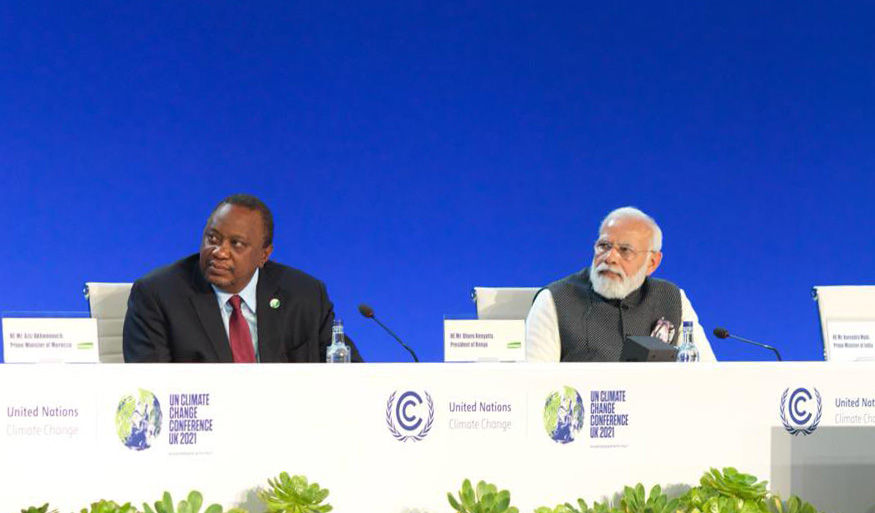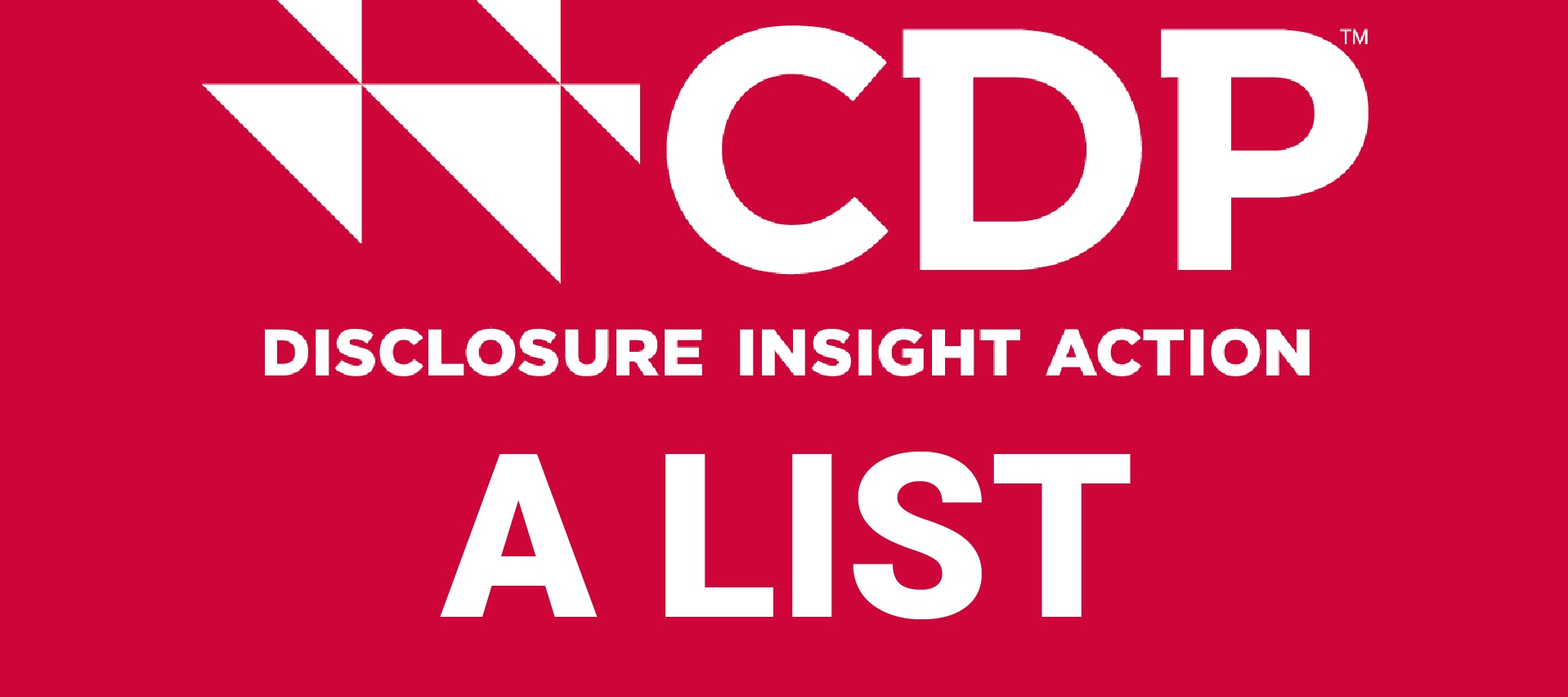During the ongoing climate summit in Glasgow (COP-26), Prime Minister Narendra Modi announced that by the year 2070, India will achieve the target of Net Zero. It means that India will stop adding greenhouse gases in the atmosphere by 2070. In this light, it becomes interesting to know how and what the corporates and industries in India are doing on this front.
Like, Prime Minister, Modi, himself announced about the Indian railways, "Passengers numbering more than the entire population of the world, travel by Indian Railways every year. This huge railway system has set a target of making itself 'Net Zero' by 2030."
Other than Indian railways, there are many other corporates in India who have voluntarily announced their Net-Zero target, as companies globally switch to sustainable investments and seek suppliers with similar commitments to curb greenhouse emissions.
It includes Mukesh Ambani’s oil-to-telecom conglomerate Reliance Industries Ltd which has announced that it will turn "net carbon zero" by 2035.
During the company's first virtual annual shareholders’ meeting in July 2020, conglomerate Mukesh Ambani announced that Reliance Industries Ltd targets to turn Net Carbon Zero by 2035.
Similarly, HDFC Bank in June 2021, just before World Environment Day, announced plans to become carbon neutral by 2031-32. As part of this initiative, the Bank is looking at reducing its emissions, energy, and water consumption. The Bank will continue to incorporate and scale up the use of renewable energy in its operations.
During the same time, Tata Consultancy Services (TCS), a leading global IT services, consulting and business solutions organization, has announced its plans to reduce its absolute greenhouse gas emissions by 70% by 2025. The organisation has claimed to achieve net zero emissions by 2030.
Other IT giants like Wipro Limited and Infosys have set deadlines to achieve Net-Zero greenhouse gas emission by 2040.
Along with these firms, the trend of announcing Net-Zero deadlines is seen in other sectors as well. In December, 2020, Vedanta, the world’s leading natural resources company, signed a declaration on climate change by pledging to move towards carbon-neutrality at the Second India CEO Forum on Climate Change.
Other than these multinationals, at least 60 other organisations active in India have expressed their commitment to reduce their GHG emissions. However, many of them are yet to announce the clear-cut deadline for achieving the target.
It should be clear that India is the third largest emitter of GHG and also one of the most vulnerable to global warming.
In COP-26, Prime Minister Modi said, "India is working to lift crores of people out of poverty. Despite having 17 percent of the world's population today, whose responsibility in emissions has been only 5 percent, still India has left no stone unturned to show that it has fulfilled its obligation." He expressed his commitment on behalf of India to contribute as much as possible.
In this commitment, the role of corporates and industry is going to be crucial, believe experts.












.jpg)



